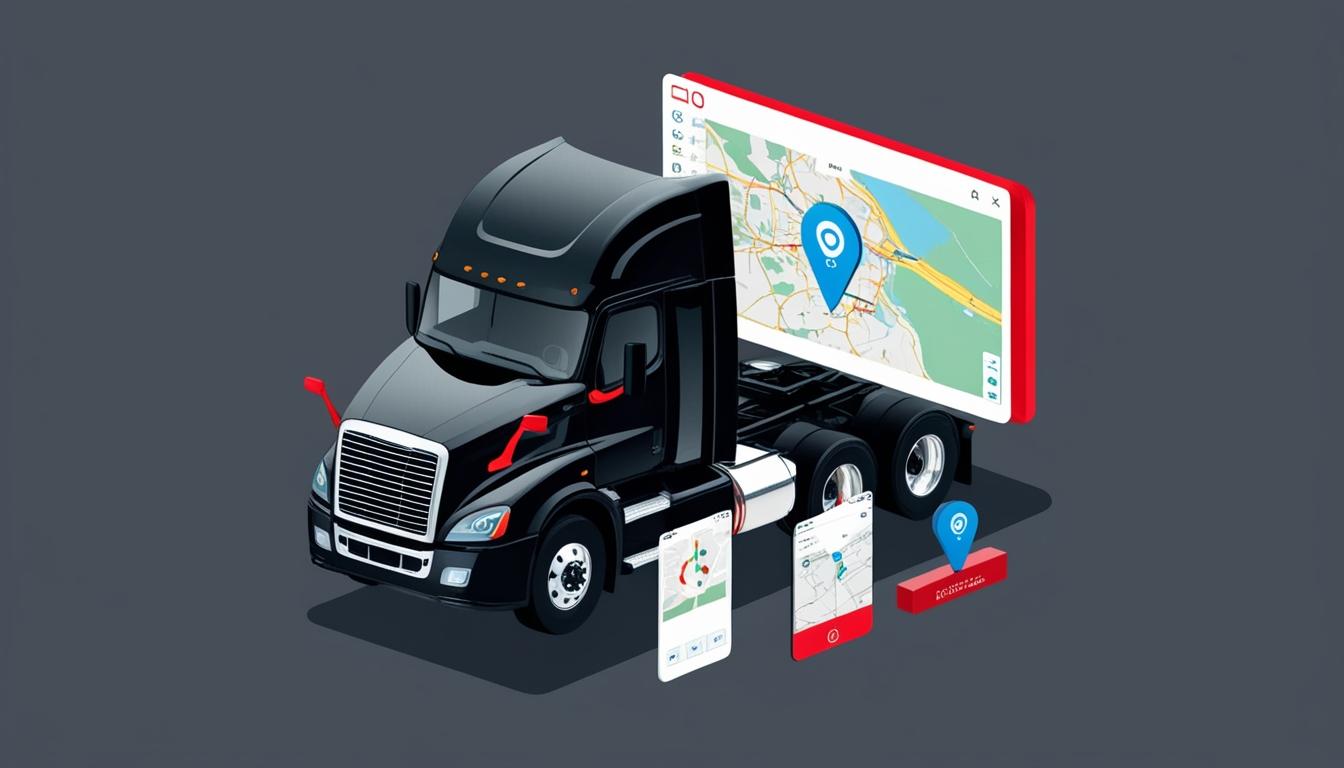In the contemporary business landscape, where efficiency and data-driven decision-making are essential, fleet telematics has emerged as a vital tool for organisations engaged in transportation and logistics. This technology integrates telecommunications, vehicular technologies, and global positioning systems (GPS) to enable remote monitoring of fleets, providing real-time insights into vehicle location, usage patterns, and operational status. The implications of fleet telematics are significant for fleet managers, business owners, and truck drivers in the UK.
Fleet telematics allows for the collection and transmission of critical data to fleet management systems, enhancing overall operational efficiency. By utilising analytics related to vehicle speed, fuel consumption, and route optimisation, companies can streamline their operations, diminish costs, and elevate service delivery. The importance of making informed decisions through data analysis is underscored by the capabilities offered by these systems.
Key benefits of fleet telematics include the enhancement of operational efficiency. By closely monitoring vehicle performance and driver behaviour, companies can adopt strategies that enhance fuel efficiency and reduce unnecessary idling. This optimization not only cuts operational costs but also fosters improved customer satisfaction by ensuring timely deliveries.
Safety considerations play a crucial role in telematics deployment. Real-time data allows fleet managers to evaluate vehicle speed and monitor driver behaviour, thus identifying risky habits such as harsh braking or speeding. This data can facilitate targeted training and intervention strategies to promote safer driving practices. Moreover, telematics assists in adhering to UK regulations by maintaining accurate logs of driver hours and vehicle inspections.
From a management perspective, vehicle telematics offers a comprehensive overview of fleet operations. This encompasses tracking vehicle locations and monitoring loading and unloading times—providing valuable insights that can minimise maintenance needs and mitigate the risk of unexpected breakdowns.
The work environment for fleet drivers has also evolved significantly due to telematics. With real-time tracking and communication, drivers receive instant updates about their routes and schedules, empowering them to adjust their paths in response to traffic conditions or other delays. Enhanced safety measures and training facilitated by telematics data further improve the working conditions for drivers.
Despite the promising returns from implementing fleet telematics systems, many business owners question the initial investment’s value. Nevertheless, the long-term benefits often outweigh these upfront costs. Savings can be realised through improved route optimisation, reduced fuel consumption, and proactive maintenance strategies. Evaluating the return on investment involves balancing these savings against the costs associated with telematics implementation and operation.
The future of fleet telematics is poised for transformation with the integration of artificial intelligence and machine learning technologies. These advancements will enable more sophisticated data analytics and predictive maintenance capabilities, as well as potential autonomous driving features. As these technologies mature, they promise to offer even greater efficiencies and cost savings for businesses.
Numerous UK-based companies have successfully adopted fleet telematics, which has led to remarkable outcomes, notably in logistics firms that have reported considerable reductions in fuel expenses and improved delivery times. These success stories exemplify the transformative potential of telematics technology for businesses looking to enhance their operational capabilities.
However, challenges remain in the implementation of telematics systems. Data privacy and security considerations necessitate stringent measures to protect sensitive information, while the initial investment and the need for comprehensive employee training can present obstacles that organisations must navigate strategically.
In summary, fleet telematics represents a significant advancement within the realms of transportation and logistics. For business owners, fleet managers, and truck drivers in the UK, the capability to harness this technology can lead to substantial enhancements in efficiency and competitive advantage. Although the initial costs may be considerable, the long-term benefits in terms of cost reduction, improved operational efficiency, and increased safety underscore the pivotal role of telematics in modern fleet management. As technological innovations continue to evolve, the opportunities for growth and efficiency through telematics remain vast, making it an essential tool for businesses operating in this dynamic environment.
Source: Noah Wire Services
